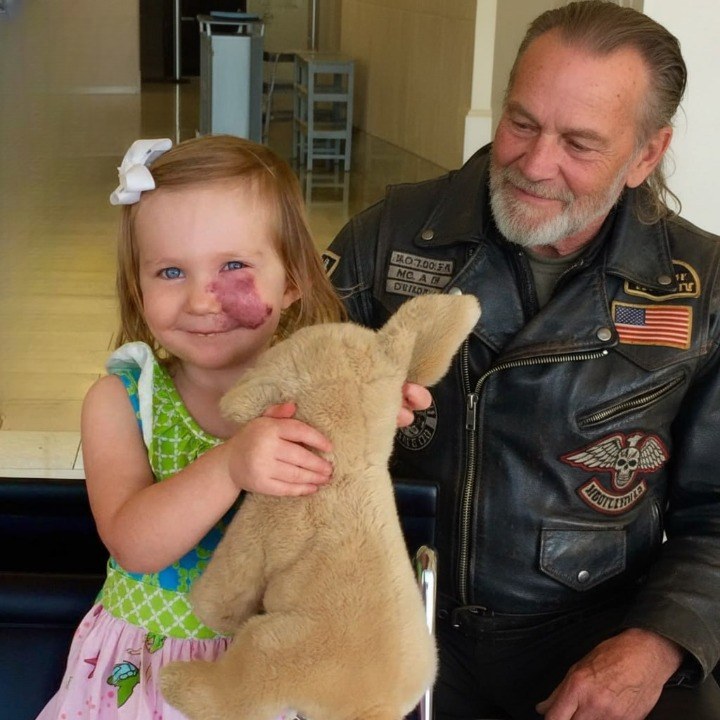When my son was born, I should have felt pure joy. Instead, I felt a cold, creeping doubt — a suspicion that clung to me no matter how hard I tried to shake it. My wife placed our newborn in my arms, her eyes glowing with exhaustion and love, and all I could think was how little he resembled me.
I told myself the differences meant betrayal.
I told myself certainty mattered more than trust.
I told myself I was justified.
So one night, driven by fear masquerading as logic, I asked for a paternity test.
She didn’t yell. She didn’t cry. She didn’t even argue. She just smirked — a small, strange twist of her mouth — and asked, “And if he’s not yours?”
I answered with the coldness I convinced myself was clarity:
“Then I’ll divorce you. I won’t raise another man’s child.”
Those words should have felt like poison. Instead, I spoke them like a rehearsed sentence.
When the test results came, my world tilted.
I wasn’t the father.
I didn’t ask questions. I didn’t consider lab errors. I didn’t stop to notice the devastation on her face. I packed my bags and walked out. I filed for divorce. I disowned the child. I wrapped myself in a victim story and called it righteousness.
Three years passed.
I didn’t rebuild. I didn’t date. I just existed — hollow, restless, carrying an ache I never dared name.
Then one afternoon, I ran into an old family friend, Daniel. His gaze held something worse than confusion: disappointment.
“Why did you leave them like that?” he asked quietly. “Your wife… she was destroyed.”
“She cheated,” I said defensively. “The test proved—”
He cut me off.
“No. She didn’t cheat.”
My chest tightened.
“That smirk you saw? That wasn’t arrogance. She was shocked, hurt. She thought you trusted her.”
His next words broke me.
“And the test? It was wrong. A lab error. Rare, but it happens. She found out after you left. She tried calling you — but you never answered.”
The world spun.
That night, shaking, I ordered a new test using samples left from the legal process.
Days later, the results arrived:
Probability of paternity: 99.99%.
He was mine. He had always been mine.
I held the truth in trembling hands, realizing I had destroyed my family — not because of betrayal, but because of doubt. Because fear ruled me. Because I chose suspicion over trust, pride over love.
I reached out, desperate to repair the damage: calls, texts, emails. Eventually, she replied — not with anger, but with boundaries:
“Please stop contacting me. We’ve healed. Let us stay healed.”
I apologized. I begged. I explained everything — the error, the regret, the grief that had swallowed me.
Some wounds close to keep the pain inside, not to keep people out.
She focused on giving our son a peaceful life.
“I won’t let your doubt become his burden,” she wrote. “He’s happy. That’s what matters.”
Months later, I saw them by chance at a park. He was chasing bubbles across the grass, laughing — a full, bright laugh that cracked something inside me.
And he looked like me.
The curve of his smile.
The shape of his eyes.
The expressions I never stayed long enough to notice.
But I wasn’t part of that world anymore.
I stayed hidden behind a tree, watching the life I had forfeited. My chest ached — guilt, longing, regret braided together.
I wanted to walk up and say, “I’m your father.” But I knew I had forfeited that right the moment I let fear poison love.
Now, I live quietly. I try to be the man he deserved from the start — someone who leads with trust, humility, and love. I donate to his school. I send birthday cards to a P.O. box she never replies from.
I don’t expect forgiveness. I don’t expect redemption.
But I can hope.
And I can strive to be better.
Every night, I pray that one day my son will learn the full story — not the version where I’m the villain, but the version where I failed, learned, and spent the rest of my life trying to rise from that failure.
The lesson is painfully simple:
Love cannot survive without trust.
Doubt — once it sinks its teeth in — devours everything.
I lost my family because of fear.
And every time I think of them — my son’s laughter, her resilience — I feel the ache of what I destroyed.
It is the shape of the life I threw away.
And the reminder of the man I must become, even if it’s too late to go back.
